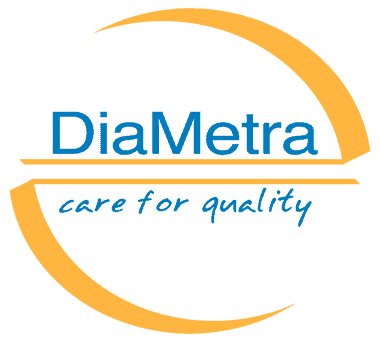Key Features and Values
- Same sample type can be used across all assays to simplify inclusion into routine serology work-up
- Ready to use reagents reduces hands-on time for assay preparation
- Long shelf life cost-effective solution by reducing wastage due to expired kits
- Suitable for inclusion on automated plate systems simplifies scale-up of test volume
- Supported by a complete panel of assays for supporting treatment monitoring of several forms of hormonal dysfunctions
Product Description
Competitive immunoenzymatic colorimetric method for the quantitative determination of Cortisol concentration in human serum or plasma. Cortisol ELISA kit is intended for laboratory use only.
Scientific Description
Cortisol is a steroid hormone released from the adrenal cortex in response to a hormone called ACTH (produced by the pituitary gland) and is involved in the response to stress. Cortisol acts through specific intracellular receptors and has effects in numerous physiologic systems, including immune function, glucose-counter regulation, vascular tone, substrate utilisation and bone metabolism. Cortisol is excreted primarily in urine in an unbound (free) form. In plasma, cortisol is bound with high affinity to corticosteroid binding globulin (CBG, transcortin) and to albumin. Only free cortisol is available to most receptors.
The amount of cortisol present in the serum undergoes diurnal variation, with the highest levels present in the early morning (6 – 8am) and lower levels in the evening, several hours after the onset of sleep (midnight). These normal endogenous functions are the basis for the physiological consequences of chronic stress – prolonged cortisol secretion causes muscle wastage, hyperglycaemia and suppresses immune / inflammatory responses. The same consequences arise from long-term use of glucocorticoid drugs.
Publications
1. Foster, L. B. and Dunn, R.T. Clin. Chem: 20/3, 365 (1974)
2. De Lacerda, L., Kowarski, A., and Migeon, C.J. J. Clin. Endocr. and Metab: 36, 227 (1973)
3. Rolleri, E., Zannino, M., Orlandini, S., Malvano, R. Clin chim Acta 66 319 (1976)
4. Kobayashi, Y., et al Steroids, 32 no. 1 (1978)
5. Arakawa, H., Maeda, M., Tsuji, A. Anal. Biochem. 97 248 (1979)

